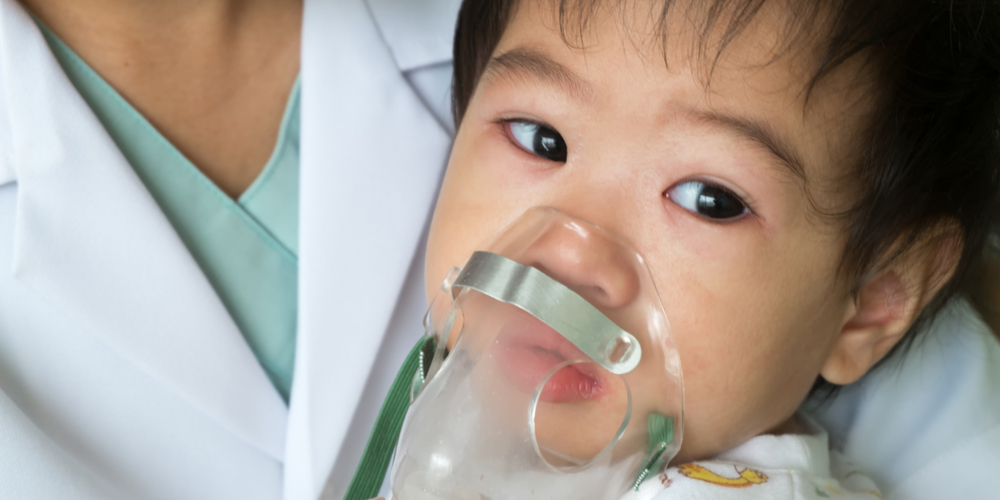
Respiratory Illnesses
Respiratory illnesses such as whooping cough, Legionnaire’s disease and pneumonia account for more than 4 million deaths in the developing world each year.
Widely preventable with the right medication and education, these illnesses spread quickly in high-density population areas and can become epidemics.
In the developing world, where sanitation and general health are poor, people are at risk from several illnesses, especially if they are affected by HIV or AIDS. Most of the deaths related to these illnesses occur in children under the age of 5.
Diarrhoea
Diarrhoea is a common illness in most parts of the world but is widely treated and considered only a minor infection in the developed world.
However, in the developing world diarrhoea is a serious condition which causes more than 2 million deaths each year.
Diarrhoea in the developing world is often a result of poor sanitation and infections related to dirty water; most deaths are a result of extreme dehydration.
Measles
Measles affects more than 30 million people each year. In the developed world, measles is highly treatable; however, in the developed world where people are often in poor health and are more vulnerable to infections, the death rate is much higher.
Recent initiatives run by the World Health Organisation, the United Nations and UNICEF have helped to dramatically reduce the number of measles-related deaths in developing countries and efforts are ongoing in these countries.
